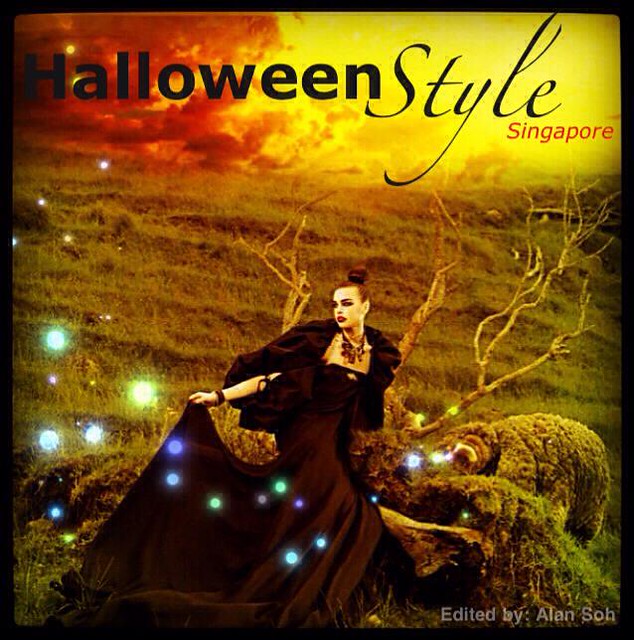In recent months, there has been some lively debate on university education in Singapore, more on the subject of “why a university education is unnecessary”.
For many students particularly those pursuing pre-university education in Junior Colleges (JCs) or Pre-University Institutes today, getting a university degree is akin to getting a 100% guarantee in securing a good job with excellent career prospects. They want a job with high pay. In actual fact, students are more of wanting the prestige that comes with a university graduation. They thought others will feel impressed if they introduced themselves as university graduate from XXX University.
Early last month, National Development Minister, Mr Khaw Boon Wan said that “fuelled with ambition, a university degree is not vital for someone to become successful in life”.
Singapore does not have natural resources. Hence it places premium on education to build its human capital. People with tertiary education qualifications are often seen as being more capable, more desirable and “more respected members of the society” relative to other groups of people who are not-so-highly-educated.
1. For men, many of them think that getting a university degree is necessary because they want to attract potential attractive spouses. Likewise for women, some of them are more drawn to men with university degrees who have higher disposable incomes, thinking that these men are “intelligent and charismatic”. These women feel that such men are ideal husbands, for they have the capability to bring food on the home dining table.
Singapore women today want more than an average lifestyle.
To put it in plain words, it means a university graduate is able to earn more MONEY!
2. As I’ve mentioned earlier, in many Asian families, they feel that it is honour and glory to have a university scholar at home. A more respected member of the society. University graduates will then be able to enter senior management levels in companies and organisations. Asians believe that a university graduate will be given more opportunities to propel ahead in life, as compared to a typical office worker.
3. In Asian societies, there is also a common perception that with a university degree, he or she will be looked upon as a successful symbol, telling surrounding people that he or she “has the ability to excel further in society in future years.”
To me, what matters more is self-discipline, passion, honesty, integrity, diligence, positive attitude, high EQ and resilence, and the desire to keep on improving one-self. Also not forgetting — having the right moral values.
Lack of tertiary education qualifications should not be a deterrent to success in life.
As I’ve written in my earlier post on the PSLE Debate, people develop at different paces at different life stages. Many of us are late bloomers.
Bill Gates? Steve Jobs? Ray Kroc? Sim Wong Hoo?
These are famous personalities who have made it big in life despite not having a university degree. They made many mistakes but they did not give up. They worked hard. They persevered.
Each and everyone of us are born with unique strengths and talents. When someone is not good in academic studies, it does not mean that he is also not good in other areas.
On a separate note, I feel that Singapore would be heading for trouble IF its policy-makers (particularly Ministry of Education) do not recognise the fact that our society as a whole will prosper and flourish only when more spaces and acceptance are given for different groups of talents to develop and grow.
Talent or intelligence comes in different forms. We should not be so narrow-minded to look at “how far in life a person can go by just looking at his/her academic grades”. Does he/she has a university degree?
Grades don’t really prove anything. It only tells me that this person is exam-smart for all those papers which he/she has sat for.
If I can have my own definition, I would put it this way –> Academic grades (15%), skills (35%) and attitude for self-improving (50%) would come together to make a person successful….










